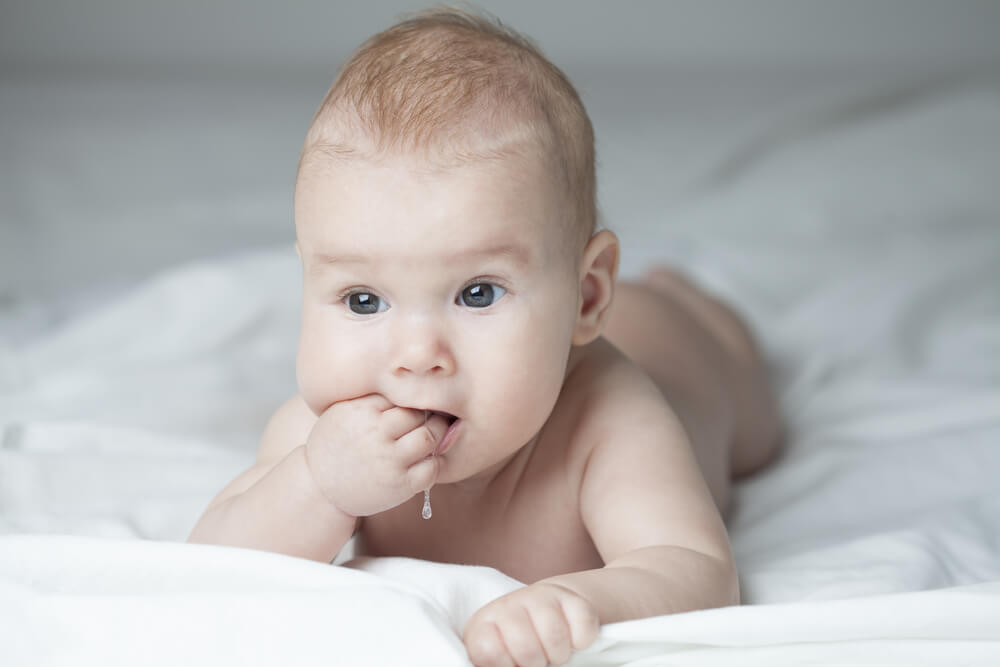Bell’s Palsy: What You Need to Know
Infant’s Bell’s Palsy is a nerve disorder that affects the face. It could be part of the reason for an infant’s excessive drooling. Fortunately, this condition typically won’t last. However, it is important to monitor your baby closely, because it can have a severely negative impact on your child’s health. Essentially, Bell’s Palsy can lead to serious health complications if not addressed. You might notice that your child has a droopy eyelid, which is a symptom of Bell’s Palsy. Ongoing research is being conducted to learn about the causes of this condition and what is behind it.
Bell’s Palsy is sometimes treated with medications including steroids or an antiviral called Acyclovir.
Cerebral Palsy
A second and more serious reason for infant excessive drooling comes from a birth injury known as cerebral palsy. This condition can negatively impact the muscles of the body due to an injury within the brain. When your baby drools a lot, it may be caused by abnormal functioning of the muscles of the mouth.
When your child does not have the ability to adequately close the mouth, it can cause excessive drooling. However, before you assume that your child has CP, you should first discuss symptoms with your child’s doctor. Simply because your child drools a lot does not mean that he or she has CP, but it may be an indicator of it.
Beware of Side Effects
Sometimes medications are used to manage birth disorders, such as Diazepam. This medication can be used to treat some of the symptoms of CP. However, the symptoms and side effects can be different between individual children. In fact, excessive drooling may be a response to using certain drugs. If your child was diagnosed with a birth injury such as CP or Bell’s Palsy, it may be due to medical malpractice. Discuss your case with a professional today.
With either of the palsies that cause excessive drooling, it is important to be aware that these are caused by the muscles within the face not working properly. This leads them to either be paralyzed or simply not work correctly. The body produces more saliva as a way of compensating for this issue, resulting in excessive drooling. As a result, your child may become dehydrated.

